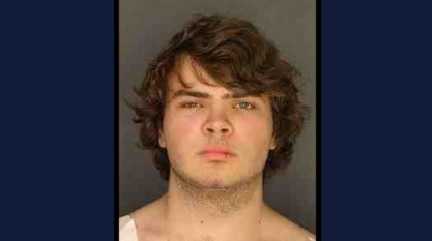
16 May 2022; MEMO: The global ideology fuelling Islamophobia around the world was the inspiration for Saturday's mass shooting in US Buffalo, New York, according to the killer's manifesto.
In one of the deadliest racist massacres in recent American history, Payton S Gendron, an 18-year-old white man who is said to be entranced by white supremacist ideology known as "Replacement Theory", opened fire at a supermarket in Buffalo, killing ten Black Americans and injuring three more.
US authorities said that Gendron drove more than 200 miles to mount his attack. In what seems to be a copy-cat attack, Grendon live-streamed his killing spree just like the New Zealand Christchurch Mosque shooter, Brenton Tarrant. The Australian killed 51 people at two mosques in New Zealand in 2019 and had plans to target a third.
Tarrant was radicalised into hating Muslims by ideologies of the Great Replacement theory. The far-right conspiracy peddles the hateful idea that the indigenous white population in Western countries is being replaced by non-European immigrants especially from Muslim majority countries.
Multiple iterations of the Great Replacement theory have been and continue to be used by anti-immigrant groups and white supremacist groups. One iteration peddles the false notion that there is a global Islamist plot to destroy Western civilisation. Groups radicalised by this racist theory see the Muslim presence in the West as a fifth column and view their political participation as a threat.
Great Replacement enthusiasts argue that Islam and the Islamic civilisation are "ethnically replacing" other races and that such a phenomenon must be stopped and violently if necessary. Despite harbouring deeply anti-Semitic views, they see Israel as a model country that is succeeding in fighting against what they refer to as the "Muslim menace" or "radical Islam."
The writings of Saturday's mass shooter were riddled with racist, anti-immigrant views. In his manifesto, Gendron wrote that he was inspired by the perpetrators of white supremacist acts of violence. He said that he felt a particular connection to Tarrant, naming the New Zealand Mosque shooter as the person "who had radicalized him the most." Gendron said that he had watched Tarrant's livestream of the attack and read his writings.




